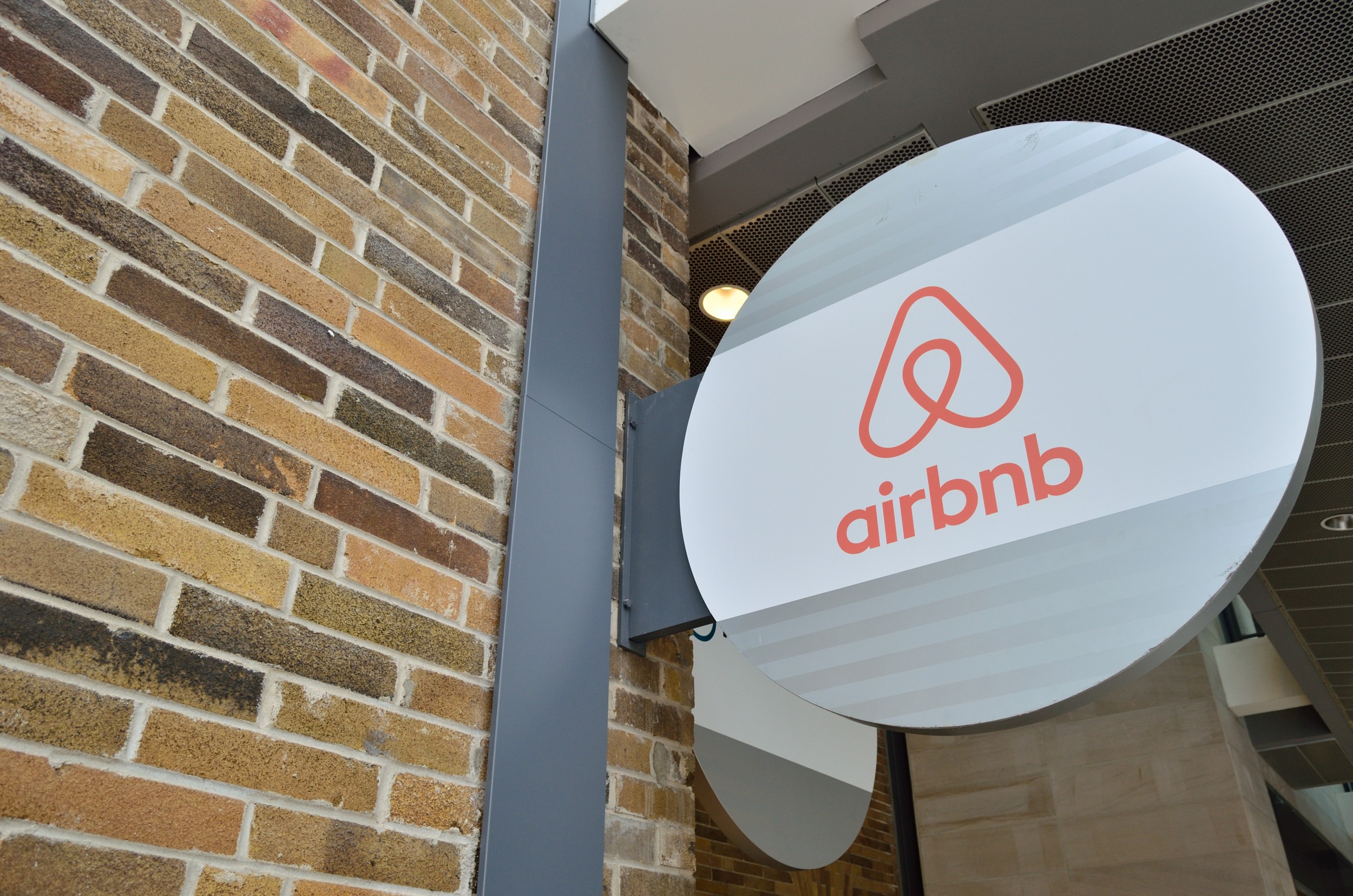Views expressed in opinion columns are the author’s own.
Earlier this week, the D.C. City Council debated the economic future of the city. On the table were proposals to restrict the use of Airbnb and other short-term rental platforms, and a proposal to overturn Initiative 77, a referendum that passed in June to increase the minimum wage for tipped workers.
The council ultimately voted to restrict short-term rentals, a win for low-income tenants, yet also voted to overturn Initiative 77, a loss for low-income workers. If the District is serious about fighting poverty and protecting low-income people, officials cannot continue to pass hypocritical policy actions that benefit residents in one instance yet hurt them in the other.
Under the short-term rental proposal, a property owner can rent out their primary residence on Airbnb for up to 90 days a year and must first obtain a license to do so. Drawing from similar restrictions passed in cities such as New York, San Francisco and Santa Monica, the legislation aims to protect affordable housing and regulate the growing market for short-term visitors.
Since property owners can make more money off short-term rentals on Airbnb than long-term leases to low-income tenants, some property owners are buying residential spaces specifically to use them for Airbnb. Advocates of the bill argue that cutting down on properties used for short-term rentals will open up properties for long-term tenants to rent, citing a dire need for affordable housing in the midst of a tightening D.C. rental market.
With these regulations in place, one would think that affordable housing and anti-poverty advocates would be satisfied. But D.C. is pursuing other policies and strategies that undermine those principles.
One example is overturning Initiative 77 to maintain a two-tiered wage system. Tipped workers — such as servers, bartenders, cashiers and stylists — receive a minimum wage of $3.89 per hour from their employers. Though defenders of two-tiered wage systems argue that tipped workers make more than the minimum wage in tips, tipped workers in the city are twice as likely to live in poverty as other workers. States that have eliminated two-tiered wage systems have increased wages for tipped workers while not barring those workers from receiving tips.
Yet despite the evidence, despite public testimony and despite a democratic vote — Initiative 77 initially passed with 55 percent of the vote in June — the council still voted to repeal the initiative. Now, they’ve suppressed potential earnings for the same people they intended to help with the short-term rental proposal.
Though the proposals seem separate, the debate on each ignores the inherent links between wages, jobs, and housing. To help the city, the council must work holistically to raise wages, improve economic mobility, provide affordable housing and ensure a high quality of life for all city residents, not just a privileged few.
Ultimately, the passage of these two proposals shows that D.C. officials do not have a clear, consistent vision guided by the principle of protecting the city’s most vulnerable residents. Instead, city officials continue to listen to powerful interests, whether they are restaurant owners, hotel owners, or business magnates. Without a clear vision, the city will continue to produce hypocritical policies that leave residents vulnerable and open up the city to exploitation by outsiders.
Olivia Delaplaine is a senior Government and Politics major. She can be reached at odelaplaine15@gmail.com.



